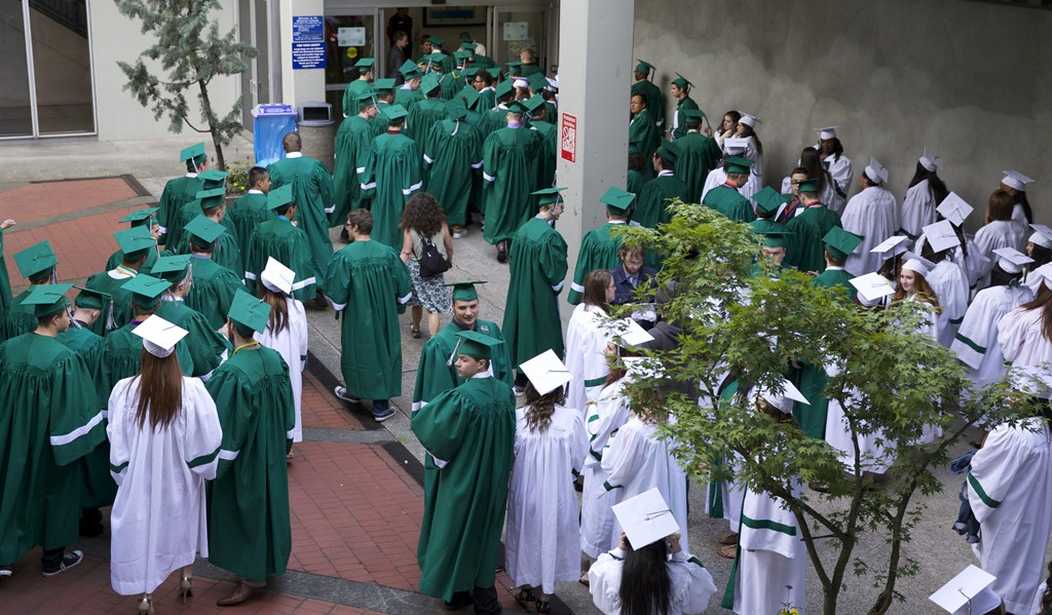Advertisement
According to the National Center for Education Statistics, more parents are going into larger amounts of debt in order to finance their children’s education. Since 1999, the number of parents taking out loans for their children’s college has grown 60 percent, while the amount of debt they are incurring (adjusted for inflation) has increased 40 percent. For students who take out their own loans, about 10 percent will default the first year after graduation, according to the Department of Education. According to the Institute for College Access and Success, the class of 2012 owes and average of more than $29,000.
Entering adulthood with this kind of financial burden has caused many young adults to delay important stabilizing milestones like marriage and home ownership. To address this growing crisis, President Obama has asked Congress to pass a bill intended to bring relief to borrowers. Unfortunately, members of the Senate’s education committee report that the bill would raise income taxes more than $72 billion dollars while providing an average savings of less than $40 a month.
Regardless of what happens with the legislation, parents of new college students are faced with some formidable dilemmas. Should they pay upwards of $60,000 a year for their child to attend an elite university, or should they pursue a more affordable option? Should they borrow the money themselves, or should they send their children into the world loaded with debt?
Recommended
Advertisement
These questions have no easy answers. For instance, children whose parents finance all or part of their college costs have much higher graduation rates than those who must shoulder the burden entirely on their own. A 2009 Public Agenda survey of recent graduates and dropouts found that 63 percent of graduates had gotten at least some financial help from parents or other family members, while just 42 percent of those who paid for everything themselves actually completed their degrees.
But there is another side to the story. According to research conducted by Professor Linda Hamilton at the University of California, Merced, larger financial contributions from parents are actually associated with lower grades. The short explanation is that students whose parents pay all their bills socialize and party more. Hamilton noted that this has a disparate effect on the students’ long term outcomes, depending on their socioeconomic status. Wealthier students with mediocre academic records are able to find jobs based on their parents’ personal connections, while lower income students—whose parents have sacrificed much more to send them through school—find themselves struggling to find employment.
Interestingly, Hamilton found that the negative effect of parent-financing on student performance does not carry over to the Ivies or other elite institutions. In a greatly discussed paper, however, economists Stacy Berg Dale and Alan B. Krueger concluded that in most cases there is not a definitive income advantage to attending a highly selective college. For example students with identical SAT scores who attend Penn and Penn State will likely have similar professional outcomes. The greatest gain in earnings is seen for lower income students and racial minorities who attend elite universities, most likely because they stand to benefit more from the professional connections and credibility such institutions confer.
Advertisement
So what should parents take from all this? We all want to give our children the best possible start in life, while hopefully not bankrupting ourselves in the process. My own father sacrificed a great deal to send me to both a private preparatory academy and an elite college. However, he made it exceedingly clear that I was not to spend my time socializing. I understood that the education he was purchasing for me was an investment in my future and that it represented a huge responsibility. I impressed the same thoughts on my own daughters when I sent them to private high school and a top tier college.
College is not a birthright, but an investment with serious conditions. Realistically, it may make sense to have students take core courses at a community college before transferring to a larger university and perhaps shoulder at least some portion of their own expenses. And as with any investment, parents should monitor their students’ performance to ensure they will get the best possible return.
























Join the conversation as a VIP Member